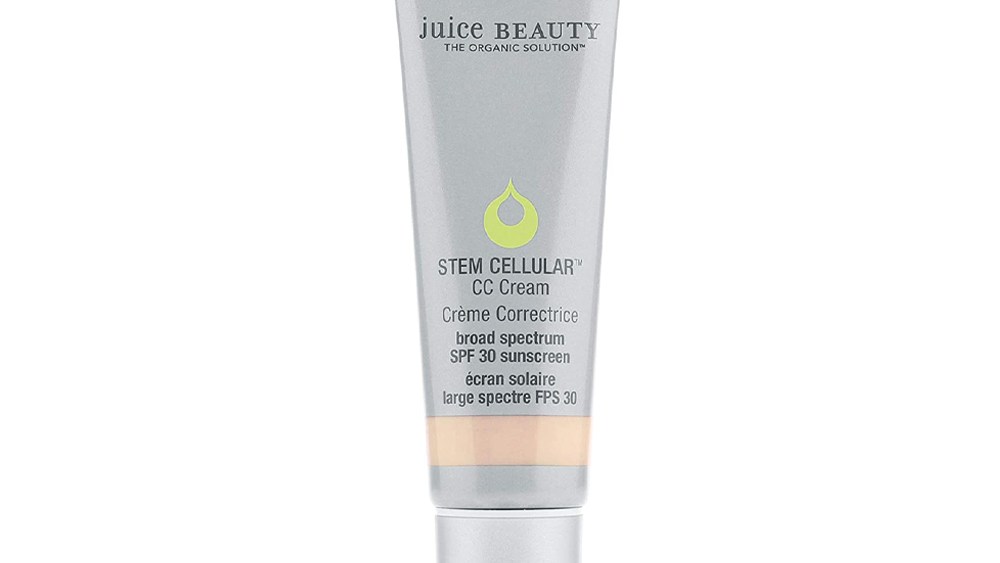Juice Beauty, a pioneer in the organic beauty movement, has recently announced plans to liquidate its assets, marking a significant turn of events for the brand. Founded in 2005 by entrepreneur Karen Behnke, Juice Beauty initially enjoyed immense success, reaching impressive milestones that included over $100 million in retail sales and a loyal fan base of celebrity endorsers. Notably, the brand’s appeal to a burgeoning market of health-conscious consumers helped it rise to prominence, yet it has now faced difficulties that led it to quietly enter an Assignment for the Benefit of Creditors on March 12. This process will involve transferring ownership of Juice Beauty’s rights and assets to a newly formed legal entity, which will work on liquidating these assets and distributing the proceeds to creditors.
As part of this financial restructuring, creditors and stakeholders have been instructed to prove their claims before September 8, 2025, indicating that the winding down of operations may drag on longer than expected. While the company has maintained silence on inquiries regarding its current situation, developments leading up to this point tell a multifaceted story of ambition, challenge, and eventual decline. As consumers increasingly gravitated toward organic and clean beauty products, Juice Beauty was quick to respond to market demand, attracting high-profile investors and talent, including the actress Gwyneth Paltrow, who became the brand’s director of makeup in 2015, and Kate Hudson in 2022, as part of a product launch.
However, the recent trajectory of the brand has been marked by upheaval since Behnke’s departure in late 2022, which many sources indicate coincided with a scaling back of the company’s workforce in February. What makes this situation particularly poignant is the sentiment expressed by insiders who feel the brand’s identity and unique offerings began to fade alongside Behnke’s exit. An ambitious rebranding effort, touted as a way to celebrate two decades of business, unfortunately came too late amid the intensified competition in the clean beauty sector, especially during the pandemic when supply and demand dynamics shifted considerably.
While Juice Beauty may have capitalized on the trend towards organic beauty initially, sources close to the company have remarked that this particular market saturation made it increasingly difficult for the brand to stand out. Competitors lined up, many of whom could offer similar products with clinical backing and organic certifications that made it hard for Juice to maintain its edge as an innovative leader. The effects of COVID-19 dramatically impacted business, leading to a significant decline in sales that left Juice struggling to keep up. By 2024, it was estimated that the brand would only see $25 million in retail sales—a stark contrast to its former peaks.
In discussing the obstacles faced by Juice Beauty, industry observers cite the high costs associated with organic ingredients as an ongoing challenge. Even as the brand saw possible growth under the partnership with Hudson, Behnke openly acknowledged that the complications posed by the pandemic took a toll on the business’s operational efficiency. With heavy investment in rebranding efforts yet a lack of focus on core retail strategies, it seems the brand lost its momentum heading into a more competitive landscape.
As the liquidation process unfolds, there’s speculation about whether a new buyer might emerge to take Juice Beauty in a restored direction, pointing to Behnke as a crucial component for any potential revival. Many believe that her deep understanding of customer engagement and product delivery is pivotal. If the company reestablishes under new management, holding onto Behnke’s innovative vision could allow them to leverage her expertise to navigate the ever-evolving beauty market and reinvigorate a once-thriving brand. The situation ultimately serves as a cautionary tale about the challenges that can besiege even industry pioneers in the fast-paced world of beauty and wellness.

